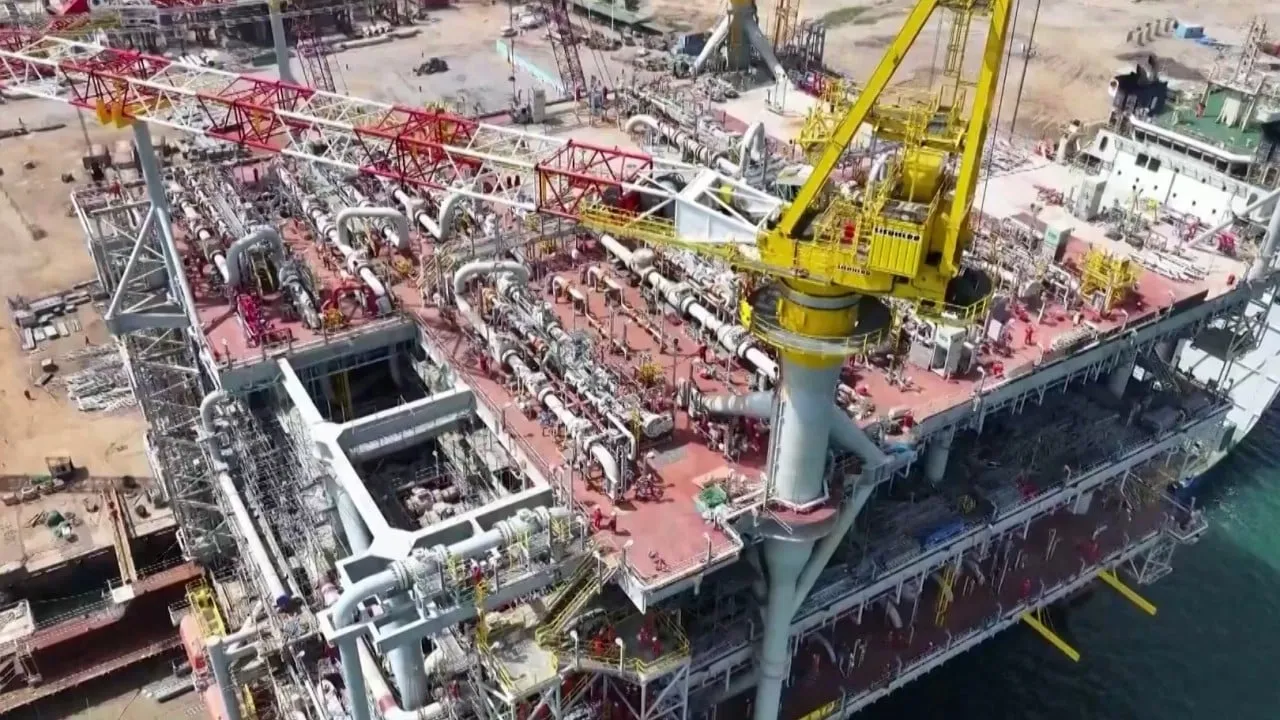China Trade Woes: Understanding the Decline in Oil Demand and Economic Recovery

China’s Oil Demand Dips Amid Economic Recovery Challenges
China’s recent economic recovery appears to be faltering, leading to a diminishing demand for oil as evidenced by recent customs data. The overall trend shows that:
- Oil Imports Droppped: China has cut its crude oil imports from Russia by 14.1%, while imports from Saudi Arabia fell 6.5% over recent months.
- Weak Economic Indicators: Recent data reflects a decline in consumption and investment within China.
- Shift to Cleaner Energy: There’s a rise in China’s usage of cleaner fuels, contributing to the reduced oil demand.
Analyst Matthew Sherwood from the Economist Intelligence Unit emphasizes that the decrease in imports from Russia reflects a broader drop in demand, though Malaysia's 45.1% increase in crude oil exports to China suggests complex underlying trends.
Global Impact of China's Oil Demand Decline
The changes in China’s oil consumption are prompting major agencies like the International Energy Agency to revise their forecast for global oil demand. It is reported that the dip in China's crude oil needs not only impacts global markets but also shapes energy security strategies worldwide.
OPEC has revised its outlook as well, now projecting a 2.11 million barrels per day growth in global oil demand for the current year, down from previous expectations. These shifts indicate a complex interplay between economic recovery and energy consumption patterns that are crucial for forecasting future trends.
This article was prepared using information from open sources in accordance with the principles of Ethical Policy. The editorial team is not responsible for absolute accuracy, as it relies on data from the sources referenced.